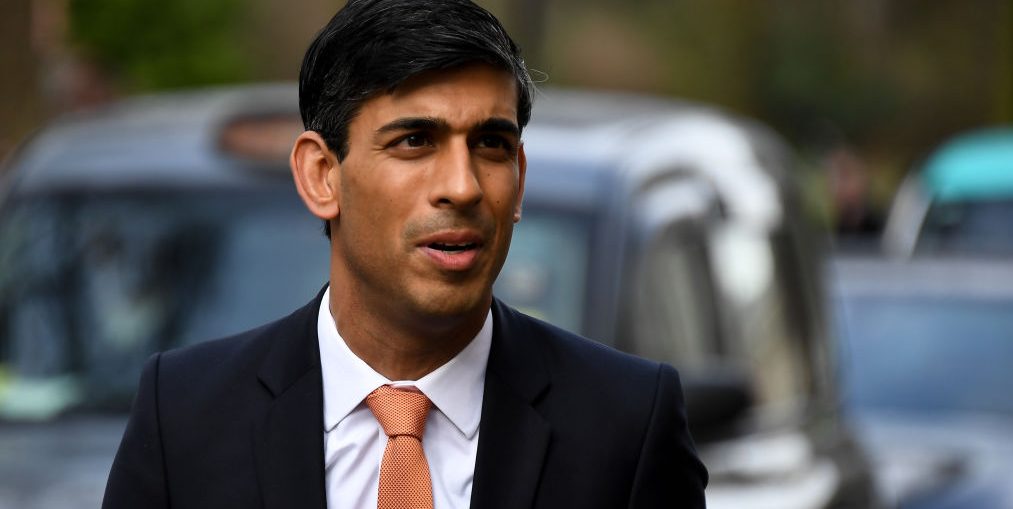‘Stuck at the start’
The pay gap between younger and older workers has widened by nearly 50 per cent over the last two decades, leaving young people struggling to get by, according to a new report by the TUC.
The TUC report, entitled “Stuck at the start: young people’s experience of pay and progression”, found the gap between the average earnings of 21-30 year-olds and 31-64 year-olds working an average 40-hour week increased in real terms from £3,140 in 1998 to £5,884 in 2017.
Over the same 20 year period, the number of 21 to 30-year-olds working in low paid insecure work has exploded, the report found.
The number of young people working in private social care has risen by 104 per cent, while those working hotels and restaurants has increased by 80 per cent.
TUC general secretary Frances O’Grady said, “For a lot of young people their experience is that the world of work is by its nature insecure. That not being paid properly is normal and they are supposed to be just grateful.”
Unite assistant general secretary Steve Turner said that insecure work is a “modern scourge” that is leaving millions of young people “living week to week and unable to plan for their futures”.
“An outright ban on zero hour contracts, tighter laws to prevent bogus self-employment, the introduction of sectoral collective bargaining and a £10 minimum wage would go along way to rebalancing the labour market,” Turner said.
“Crucially, the government must give trade unions improved access to workplaces. This would stop young workers from being prevented from organising for better wages and conditions by exploitative employers.”
A YouGov poll of 1,500 young people undertaken for the report found that only three in ten respondents felt their present employment made use of their qualifications and experience.
Four in ten respondents said they had been given little or no training during the last year and one in five had worked on a zero-hour contract in the last five years.
Unite assistant general secretary Tony Burke said that if young people were to do well in life they “must be offered opportunities”.
“That means proper skills training and decent jobs once they’ve qualified. The UK is in the midst of a skills crisis, especially in areas like engineering, so the need is there and young people are available to fill to it,” Burke explained.
“While Unite works closely with firms such as Rolls Royce and Vauxhall, who offer gold standard apprenticeships – that benefit both the apprentice, the firm and the manufacturing sector as a whole – too many companies are still getting away with offering sub-standard training that is neither use nor ornament.”
Highlighting the 26 per cent drop in apprenticeship applications this year alone, which Unite has blamed on the levy, Burke said change to the apprenticeship system is sorely needed if young people are to get a better chance in life.
He said, “With 40 per cent of government approved apprenticeships being well below international standards, both trade unions and industry have made clear that the levy system is in need of major reform.
 Like
Like Follow
Follow


